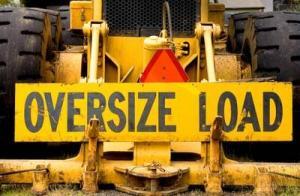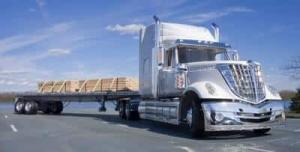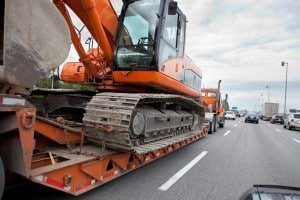Freight class definitions can be confusing, especially for those who are not experienced in freight shipping. There is an array of different ones to choose from, and picking the wrong one can cost you both precious time and money.
So why do we use freight classes? They are designed to help set a common and standardized freight price for shipments. This is handy when you have to work with a number of freight companies, different carriers, warehouses, and brokers, and ensures you know you’re getting a fair price.
The National Motor Freight Traffic Association (NMFTA) defines the classes, and is made available through the National Motor Freight Classification (NMFC).
The NMFTA defines the classes based on four transportation characteristics, and they are as follows:
• Density: Which is the weight per cubit foot;
• Stowability: Which is the length and width based on carrier mode rules;
• Handling: An evaluation of the care that will be involved in transport, and;
• Liability: Which includes the freight price per pound, susceptibility to theft, liability to damage, breakability, and perishability.
Using these four characteristics, the NMFTA has defined 18 different freight classes, ranging from a low class of 50 to a high class of 500. Typically, the lower the class, the lower the charge is for shipment.
Following are all the freight classes and descriptions:
Name | Cost | Examples | Weight Range Per Cubic Foot |
Class 50 – Clean Freight | Lowest Cost | Very durable, fits on standard shrink-wrapped 4×4 pallet | Over 50 lbs. |
Class 55 | Bricks, cement, mortar, hardwood flooring | 35-50 lbs. | |
Class 60 | Car accessories and parts | 30-35 lbs. | |
Class 65 | Car accessories and parts, bottles beverages, books in boxes | 22.5-30 lbs. | |
Class 70 | Car accessories and parts, food items, automobile engines | 15-22.5 lbs | |
Class 77.5 | Tires, bathroom fixtures | 13.5-15 lbs. | |
Class 85 | Crated machinery, cast iron stoves | 12-13.5 lbs. | |
Class 92.5 | Computers, monitors, refrigerators | 10.5-12 lbs. | |
Class 100 | Boat covers, car covers, canvas, wine cases, caskets | 9-10.5 lbs. | |
Class 110 | Cabinets, framed artwork, table saw | 8-9 lbs. | |
Class 125 | Small household appliances | 7-8 lbs. | |
Class 150 | Auto sheet metal parts, bookcases | 6-7 lbs. | |
Class 175 | Clothing, couches, stuffed furniture | 5-6 lbs. | |
Class 200 | Auto sheet metal parts, aircraft parts, aluminum table, packaged mattresses | 4-5 lbs. | |
Class 250 | Bamboo furniture, mattress and box spring, plasma TV | 3-4 lbs. | |
Class 300 | Wood cabinets, tables, chairs setup, model boats | 2-3 lbs. | |
Class 400 | Deer antlers | 1-2 lbs. | |
Class 500 – Low Density or High Value | Highest Cost | Bags of gold dust, ping pong balls | Less than 1 lbs. |
If you’re questioning what freight class your shipment may be, reference the chart above for some quick help. If you’re still not sure, Freight Rate Central is always willing to assist and answer any questions.
Though Freight Rate Central has offices in Florida and Idaho, we service all across the United States. We aim to provide the most efficient and economical shipping for all of our clients, and work with thousands of freight carriers to ensure you get only the best freight rates no matter your shipping needs. We take care of the details both big and small, so you can rest easy with your shipments in our hands. Contact us today at 1-800-870-6294 to learn more about our freight services, or visit us online to request a free quote.







